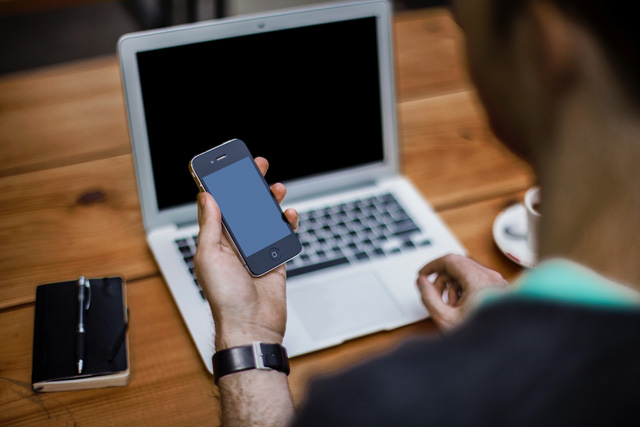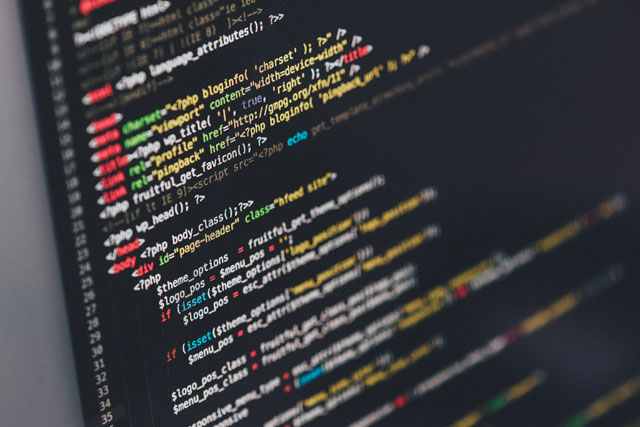Is your smartphone safe?

Imagine someone having access to all of your personal information, including your bank details, phone contacts and location at the touch of their fingertip. This is unfortunately a starting reality for Australians and people all over the world. Not only can your smartphone be hacked, but it can be done easily and without your knowledge.
We live in a world where our lives are constantly tied to our phones – it stores our personal information, emails, phone calls, photos and even location history. With more individuals turning to bank apps, even our financial records and details are all in the one spot and are at risk.
“This is usually done via apps” says cyber security expert and Adjunct Professor, Nigel Phair. “Some apps are deliberately built and delivered with this [hacking] in mind; others are legitimate and injected with malware. Generally speaking apps on the Android store are more likely to contain malware than those available on the Apple Store.”
So why does this matter and what possible use can come from breaking into someone’s smartphone?
According to Nigel, ‘everything that is stored on our phone is hackable’. Criminals are constantly looking for information they can monetise, including credit card data or embarrassing photos that they can blackmail the user with.

To help prevent this from happening Nigel suggests following a few tips to keep your smartphones safe;
Always use a pin or password
It may seem obvious but having a pin or password on your smartphone increases your chances of keeping your information safe, especially if your device is lost or stolen. Never reveal your pin or password to anyone, the less people that know the better. Install the Apple’s Find my iPhone app so you can recover the lost device.
Be wary of unsecure Wi-Fi
Connecting to Wi-Fi in public places such as cafes and airports can expose your phone to immediate risks. The Wi-Fi connection is often unsecure, allowing malicious individuals to view everything that you do while connected. Pay attention to the warning message that will pop up [when on your iPhone] saying that the server identify cannot be recognised and asking if you want to connect. Try to avoid this when possible and avoid sharing personal information.
Check your app downloads
Be wary of the type of apps downloaded on your phone. The more you download onto your phone, the more you increase your chances of being hacked. Always download from the genuine app store, instead of websites and messages as they could be imbedded with code that allows hackers to steal information. Always check who the app developer is, read the reviews and ratings, and think about if you really need the app prior to downloading.
For those interested in learning more about security online The Centre for Internet Safety runs a Graduate Certificate in Cyber Law and Policy at the University of Canberra. An internationally leading qualification for lawyers, law enforcement officers, investigators, analysts and policy officers, the program is designed to give graduates skills enabling them to effectively identify and analyse global trends and issues in cyber law and policy.
Words by Stephanie Cossetto, images courtesy of unsplash.com
 | Nigel PhairAdjunct Professor, University of CanberraNigel Phair is an influential analyst on the intersection of technology, crime and society. Adjunct Professor Phair has published two acclaimed books on the international impact of cybercrime, is a regular media commentator and provides executive and board advice on strategy, risk & governance of technology. |

